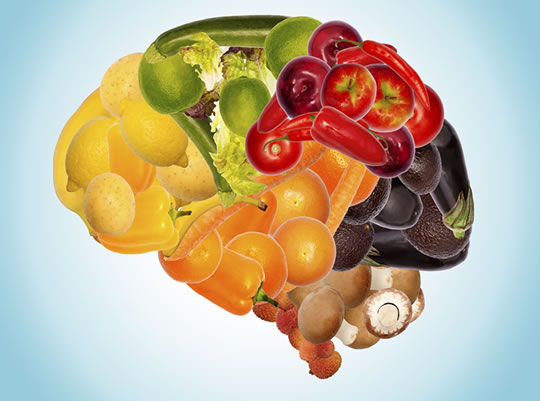Study compares writing by hand with real and virtual keyboards.
Writing by hand strengthens memory in comparison to writing on a real or virtual keyboard, new research finds.
The motor feedback from the process of writing along with the sense of touching paper and pen helps people learn.
Areas of the brain vital to language are more strongly activated by the physical activity.
The study compared 36 people writing in three different ways:
- on a conventional keyboard,
- on a virtual keyboard (like an iPad),
- or handwriting.
They were read a list of words which they wrote down.
Their memory for the words was then tested for both free recall and recognition.
The results showed that the method of writing down the words did not effect recognition, but free recall was better for handwriting.
Since it is much harder to recall a word than to recognise it, memory was stronger for handwritten words.
The authors explain the study’s results:
“…keyboard writing per se (whether on a virtual or a conventional keyboard) attenuates or disrupts memory for what is written.
However, with respect to aspects of word recall, our findings indicate that there may be certain cognitive benefits to handwriting which may not be fully retained in keyboard writing.”
The advantage of handwriting is that the attention is all on the same thing at the same time.
The study’s authors think the problem with keyboard writing could be partly down to a split in attention:
“The visual attention of keyboard writers is split between looking at the emerging text and looking at the keyboard on which they write.
From a visual-spatial perspective, a keyboard separates the “motor area” (or input area) where the letters are being produced (the keyboard) from the visual presentation area of the letters (the screen; or output area).
A keyboard thereby provides less real-time sensory and visual information about the writer’s own writing process, a fact which may result in less robust mental representations of the words.
One consequence of such a separation may be that the writer engages less with the written text and consequently is provided with an attenuated visual memory of the word, than in the handwriting condition, where the subject may fixate near the point where the physical writing takes place.”
The study was published in the Journal of Writing Research (Mangen et al., 2016).
Handwriting image from Shutterstock









